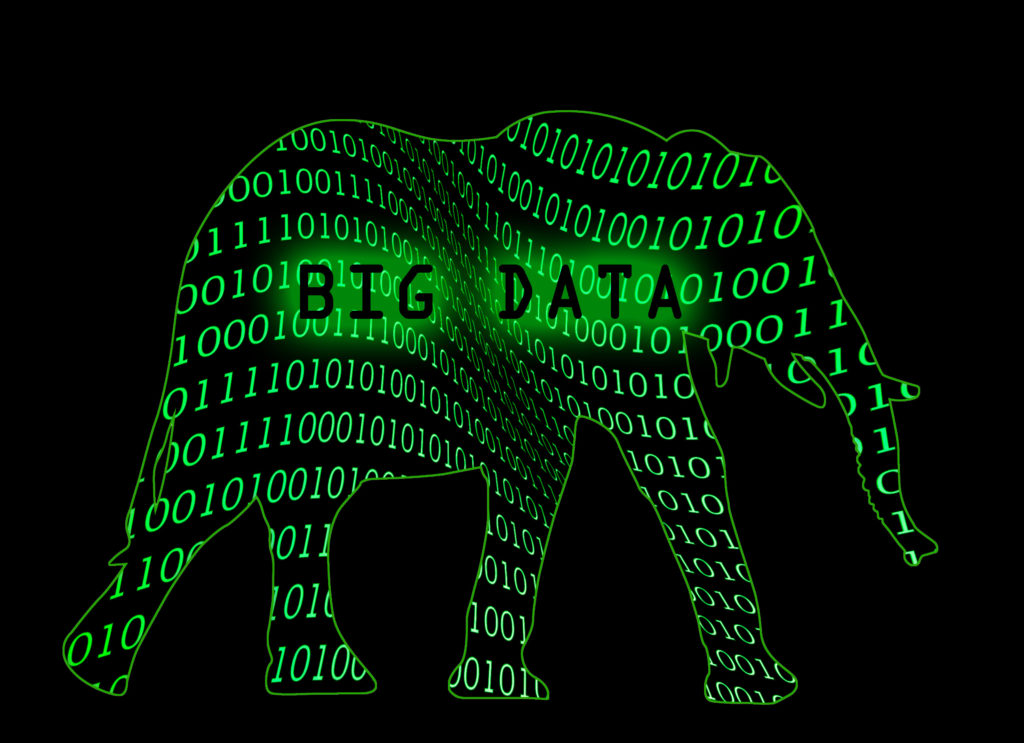The Age Of Big Data: Into The Big Data Concept
/Big data is a word that is common in computing circles. If you are wondering what it refers to, it takes the literal definition of big. In other words, it is a large set of data which is complex and hard to process using conventional data processing methods.
The term and definition are, however, not new and has been present in the technology sector for long. In the early 1940s when the computer was still a young invention making its ripples in technology, there grew a concern of the data processing machine not being able to process huge loads of data as desired.
The first step in big data analytics can be traced back to the mid-1960s with the establishment of a data center by the United States’ government. The dawn of the new millennium marked the entry of modern age big data with accompanying developments in computing for processing the huge data sets characterizing this age.
Many sectors have bought into the concept of big data as witnessed by several commerce entities that process huge sets of data. When it comes to politics, the 2008 Obama election introduced many to the idea and its impact if properly tapped. 2010 can be said to be the year when it picked and went to mainstream levels achieving worthy feats, key among them the 2012 Obama reelection and the subsequent election in 2016. The retail sector is also borrowing heavily from this concept.
Big Data Research Vs Traditional Logic Research
Traditional logic research was the predecessor in terms of studying large sets of data to big data research. This was the basis of information processing before the dawn of the innovations age sometime in the mid to late 1800s. Under traditional logic, top researchers in the respective fields took on the duty to help come up with conclusive results on the topic of research. The downside, however, was the long time it took and most of the time led to the accumulation of data which brought out another problem itself.
Big data graced the field with technological advancements and has made research easier to tackle research especially where big data sets are involved. With big data technology, you can save time in research due to the high volume handling capability that comes with it.
The similarity is that in both cases the results are urgent and they require professionals in the respective fields to carry out the research.
Significance Of Big Data In Scientific Research
Among the fields where big data is very useful is in scientific research. This is a wide field and very important to technological advancement which comes with the understanding of various phenomena. In the research field, big data is important for the analysis and grouping of important information which allows for their interpretation and conversion to comprehensible material.
This is the case mostly in the health sector, especially when dealing with genes. For example, the DNA strand has a high potential for information that is useful in coming up with the treatment of various ailments. Studying it can be a problem though with big data, this information can be processed quite fast with conclusive results.
The same applies in the field of space exploration where massive calculations are the order of the day to get accurate results of variables such as speed and maybe consumption in terms of the space shuttle. This is very helpful especially in the digital age where tons of information get churned out regularly. Other fields where big data is important includes the business field in predictive analytics and also in military science when it comes to strategizing.
Big Data In The Workplace
Depending on the scope of your work, you may need the services of a big data specialist. This brings us to the debate of learning the skills or hiring a scientist, which way to go.
From an economic standpoint learning the skills is the best way. This is because the acquisition of the skills is quite affordable and you can bid goodbye to hiring an expert unless where necessary. You can also pass some of the skills to your workmates or even be a freelancer where you can carry out the big data analytics job for other parties. There are simply many advantages to acquiring skills.
When you decide to learn the skills you can go to various coding schools that offer courses on this discipline. Pick reputable schools to have the best exposure and learning environment for standout skills. Some institutions also offer online classes that are convenient where you have a tight schedule.
Another way of learning is by taking a learning path where you get skills as you proceed. A good place to get such a way of learning is at Bitdegree, with this mode being versatile and easily adaptable.
You can also bring a data scientist on board to provide the analytical knowledge to manage big data. This is a good option especially if you need the services for a short term engagement.
The pros for hiring a data scientist is that you can get professional and high-quality services particularly if they have the experience. They can also offer advisory services on many issues concerning big data. The downside, however, is that their services can be quite expensive to procure.
Conclusion
Big data is the future in the world of computing when you look at the amount of data generated at the moment. This is a very important concept in the technological age with its wings spread far from health, business and research. At the workplace, you can either train or hire a professional to provide analytics on the big data field.


![Retail-insider-NRIG-banner-300-x-300-V01-3[2].jpg](https://images.squarespace-cdn.com/content/v1/529fc0c0e4b088b079c3fb6d/1593476525034-QRWBY8JUPUYFUKJD2X9Z/Retail-insider-NRIG-banner-300-x-300-V01-3%5B2%5D.jpg)
![Retail-insider-NRIG-banner-300-x-300-V01-2[2].jpg](https://images.squarespace-cdn.com/content/v1/529fc0c0e4b088b079c3fb6d/1593476491497-W6OZKVGCJATXESC9EZ0O/Retail-insider-NRIG-banner-300-x-300-V01-2%5B2%5D.jpg)
![Retail-insider-NRIG-banner-300-x-300-V01-4[2].jpg](https://images.squarespace-cdn.com/content/v1/529fc0c0e4b088b079c3fb6d/1593476508900-TJG5SNQ294YNOCK6X8OW/Retail-insider-NRIG-banner-300-x-300-V01-4%5B2%5D.jpg)